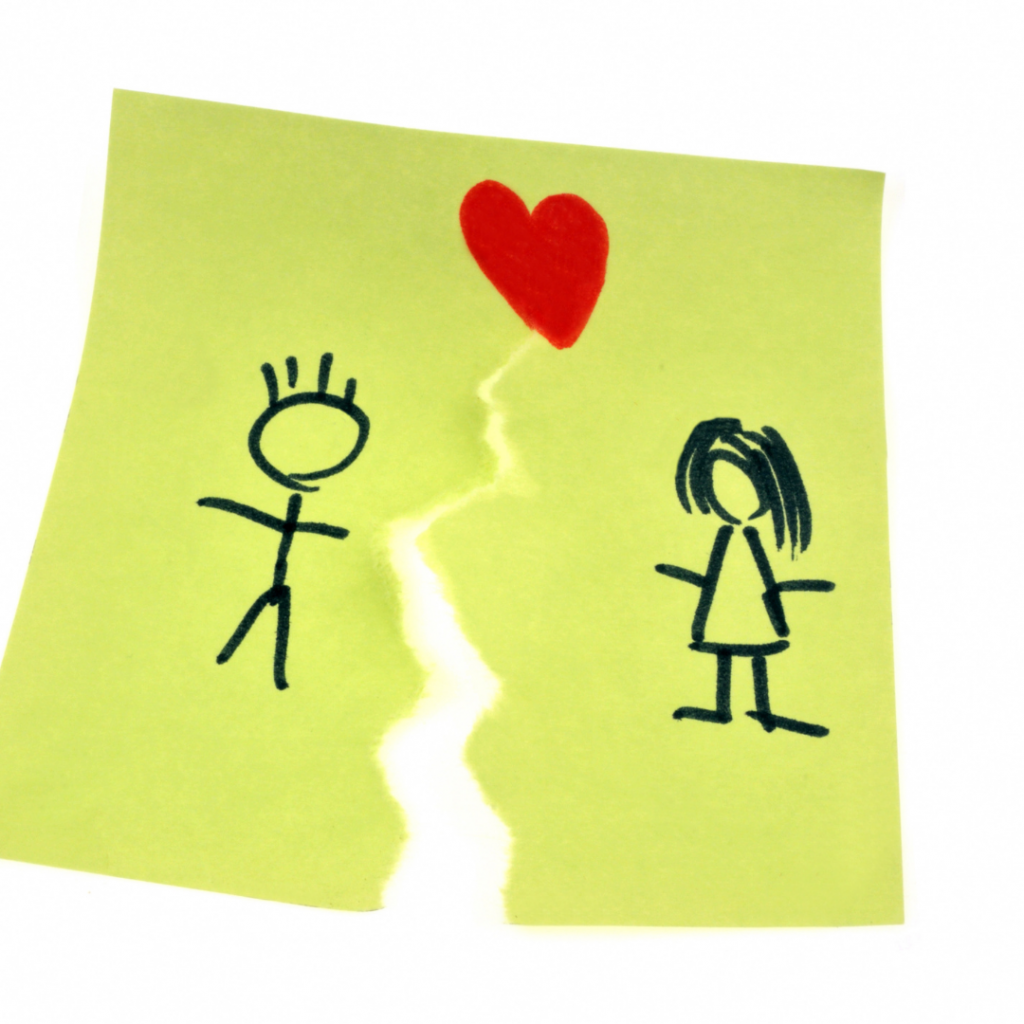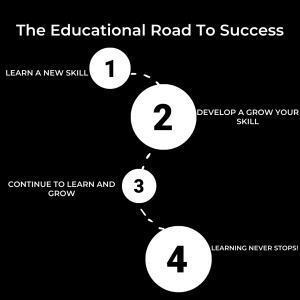How Does Divorce Affect A Child’s Life
Divorce can be one of the most painful experiences in life. It can also impact the life of your child. Fortunately, you can still do something about it. Whether you are starting divorce proceedings with divorce law attorneys, or you are just discussing it, your children will take notice and be affected in a variety of ways.
It is crucial to seek proper assistance during this challenging time. While a therapist can help your children with their emotional needs, they won’t be able to assist with all matters, especially the legal intricacies of divorce. This is where attorneys and resources like The Divorce Guide (www.thedivorce.guide) can be invaluable, guiding you through the legal journey. Moreover, they often have a network that encompasses various fields, including mental health. By leveraging these resources, you can help ensure your children are affected as minimally as possible.
So, to help you understand better, in this article, we will show you how divorce can affect a child’s life.
Mental health issues
Your divorce situation can increase the risk of mental health issues among your kids and adolescents. Children with divorced parents may experience psychological problems like anxiety and depression.
Low academic performance
Another effect of divorce on children is that they can perform poorly on their academics. It can lower their motivation to improve their grades.
Lack of interest in social activity
According to research studies, divorce can also impact kids socially. If you’re undergoing a divorce, your child may find it hard to relate to others. It can make them have fewer social contacts. Additionally, it may also give a feeling of insecurity to your child.
Emotionally sensitive
Your child can tend to be emotionally sensitive due to your separation from your ex. Your child may develop feelings of anger, loss, anxiety, and confusion during the divorce transition. They may feel emotionally sensitive and overwhelmed. With this, they need support for their emotions. They must have someone who will listen and someone to talk to. Therefore, make sure to consider your child’s emotional welfare.
Feelings of guilt
Kids can also develop feelings of guilt. They can be curious why the divorce happened to their family. They may think of what they’ve done wrong and the reasons why their parents don’t love each other anymore.
Irritability and anger
There are some instances that your child may feel overwhelmed and don’t know what to do during a divorce. They can have feelings of anger and irritability at themselves, parents, friends, and others.
Destructive behavior
As kids go through the divorce of their parents, they tend to develop destructive behavior. Those kids who experienced divorce have a higher chance to smoke, use drugs and commit crimes. It may also harm their health.
Loss of faith in family unity and marriage
Studies also revealed that children who experienced divorce have a higher chance to divorce with their relationships. They may lose faith in family unity and marriage. With that, you need to take action to help your child deal with your divorce positively.
High risk of health problems
Divorce can have negative effects on your children. It can be very stressful for your child, which can lead to health problems. They are more susceptible to sickness, which several factors like difficulty in sleeping can cause. Your child may also develop signs of depression, deteriorating health signs, and feelings of loss of well-being.
Difficulty to adapt to change
Children may be affected by the divorce of their parents. With that, they can find it hard to adapt to change quickly. It can be challenging for them to adjust to new situations in their life.
It may change their sleeping and eating patterns
Children who encounter divorce can develop eating and sleeping issues, leading to weight loss or weight gain. It can also result in regression that may include nightmares or fantastic ones that may bring anxiety feelings during bedtime.
Risk-taking behaviors
Some adolescents who experienced divorced parents have higher engagement in risky behaviors like early sexual activity and substance use. This increased risk can be attributed to emotional distress, instability, or a lack of parental supervision and guidance. The stress of family changes can lead some young people to seek out risky behaviors as a form of coping or to gain a sense of control. Understanding these underlying issues is crucial for providing the necessary support and interventions. However, if attempts to prevent or handle substance use have failed, parents may consider seeking help from specialized facilities such as this Sedona Addiction Rehab or similar centers in their area to provide targeted treatment and support.
They may suffer from separation anxiety
Another effect of divorce on children is that they can suffer from separation anxiety. Some signs of separation anxiety among younger children include increased clinginess or crying. On the other hand, older toddlers may ask why their parents are not around. There we go, so that is the list of possible effects of divorce to children. You need to develop solutions to help your child suffer from your divorce.
Conclusion
Generally, divorce can greatly impact the life of a child. It can bring negative effects to their behavior and beliefs, just like what we mentioned above. Therefore, it is important to guide your kids if you get divorced from your ex-partner. As a parent, it’s essential to be mindful of the fact that while you and your ex-partner are going through a difficult time, your children are too, often in ways that might not be immediately visible.
Therefore, when you are dealing with the legal aspects of divorce, it’s wise to engage a lawyer who understands the unique needs of your child in such situations. Make sure to choose a legal professional from a reputable law firm like Alves Law that not only focuses on winning the case but also emphasizes the mental and emotional health of your child. A sensitive approach to the case can help mitigate some of the stress and anxiety your child might feel.
In addition to legal support, it’s important to consider professional emotional support for your child. Enroll them in therapy that can provide them with a safe space to express their feelings, ask questions, and receive guidance from a trained professional. A therapist can help them process their emotions, understand that they are not to blame for the divorce and equip them with coping strategies to manage their feelings.
Lastly, at home, shower your children with love and attention. Engage with them regularly, listen to their concerns, and reassure them that both parents will continue to be there for them. Ultimately, taking these steps can bring a sense of peace and stability to your child’s life during a turbulent period. While the effects of divorce can be challenging, with the right support and care, your child can emerge from this experience resilient and emotionally secure.


